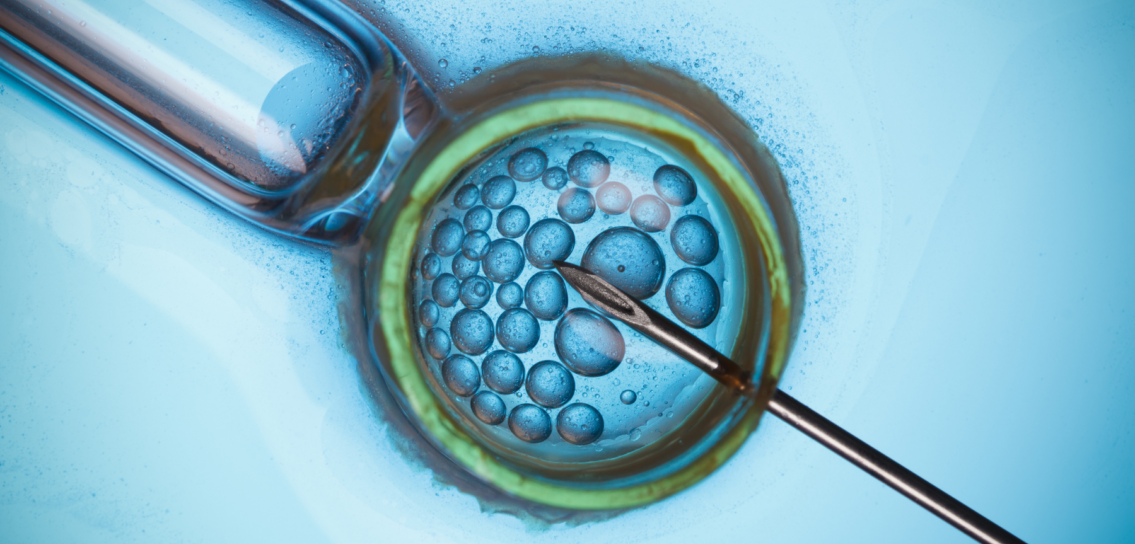Micro-dissection sperm retrieval is performed if male patients experience a lack of sperm in the semen.
The procedure can improve the sperm count in semen and enable patients to become more fertile.
However, releasing the sperm in semen can be difficult.
Consequently, practitioners use this method to locate sperm while attempting to reduce any damage to the testicles.
Prior to the procedure
Male patients will undergo a consultation with their doctor to determine if this procedure can improve their fertility.
Doctors will take into account a patient’s sperm count and the fertility levels of the semen first.
In addition, doctors will determine if a patient is capable of undergoing the micro-dissection sperm retrieval procedure itself.
Patients will be evaluated using genetic testing and a hormone profile will be completed.
What does the procedure involve?
Patients will be placed under general anaesthetic.
Two precise incisions will be made on the scrotum.
The surgeon will then make incisions into each testicle.
The tubes that contain sperm will then be looked at under a microscope.
An embryologist will be a part of the micro-dissection sperm retrieval procedure, to determine if sperm can be extracted from the tubes.
Recovery after the procedure
Like any surgery, infection is a possibility when undergoing a micro-dissection sperm retrieval procedure.
Following the surgery, patients will feel soreness, swelling, and possible bruising to the scrotum.
Patients may take over the counter painkillers during the recovery process.
In addition, applying ice to reduce the swelling can provide pain relief.
Men who undergo this procedure should speak with their doctor about possible pain relief medication.
They should also refrain from any physical work or activities following a micro-dissection sperm retrieval procedure.
Participating in physical work or activities can cause further injury and issues to the groin area.

